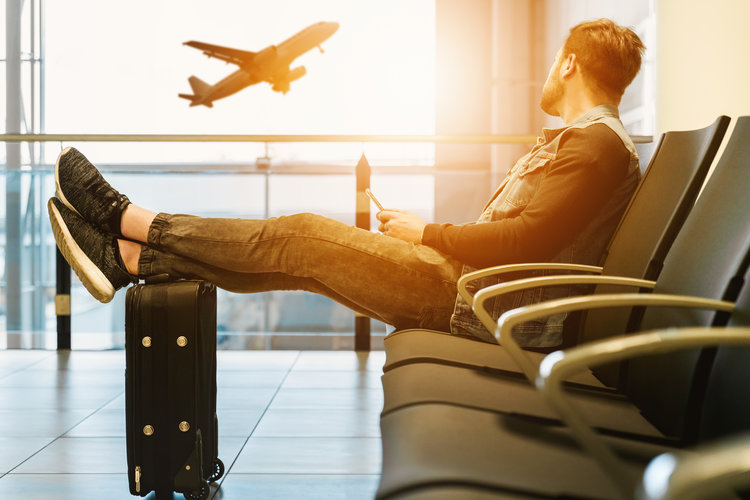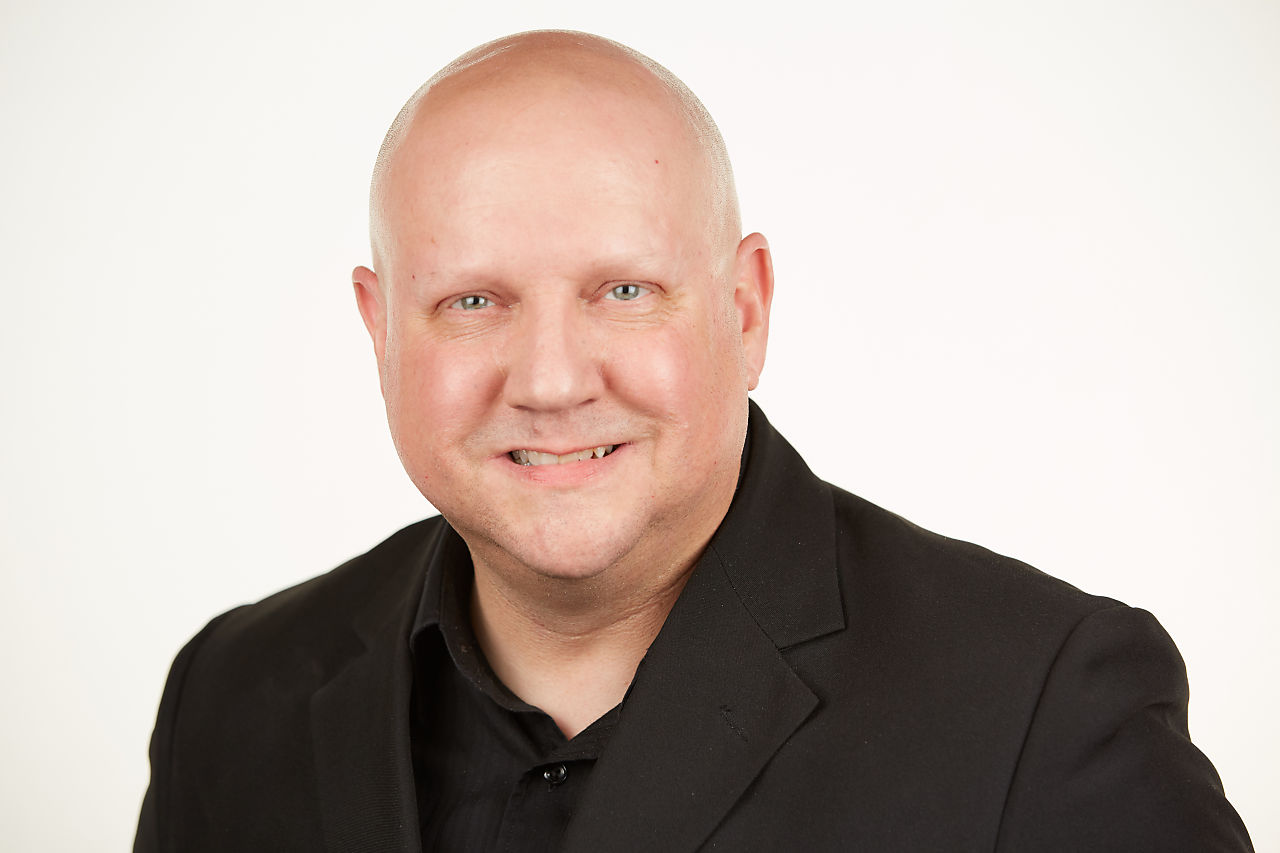
Travelling is taxing.
You have to get to the airport earlier, due to security checks, bag check in, long lines, etc. Parking can be a blast, especially if you’re flying out during busy travel days (think Mondays.)
Packing is also a ton of fun, because you have to pack for being away from home for some time, and depending on the time of year, you may encounter dramatic temperature swings on your trip.
With the cost of checked baggage, you don’t want to pack your entire wardrobe, as it could be more cost efficient to buy clothes when you get to your destination. #SadButTrue
Toss in sleeping in a different bed, potential time change, and longer days, and you can easily get stressed and burned out before you know it.
I’ve been travelling for decades for work, going to to client sites and conferences. Travelling before 9/11 and after are dramatically different, but as long as you know what to expect, and plan accordingly, your travel experience can be as stress free as possible.
Here’s my secret sauce on travelling as stress free as possible:
Packing
When you travel, you are bringing a smaller version of your stuff (ode to George Carlin), so it’s important that you do bring things that you normally use on a daily basis. So many of us live on auto-pilot, so we are clueless what we actually use and do each day. We might want to toss in some mindfulness techniques in our lives, too. #JustSayin
I highly recommend packing cubes to keep like items together, which then you can take each cube to the intended destination. I have cubes for my toiletries that I’ll bring to the bathroom, cubes for storing my dirty clothes (so you don’t mix up clean and dirty clothes in your luggage, reducing your laundry work when you get home), and cubes for extra shoes (so you don’t get shoe residue on your clothes.
Travel sized items such as liquid bottles that are TSA approved helps you bring your favorite shampoos/conditioners/soaps without bringing full-sized bottles. This also helps on short trips, where you’re bringing a carry-on bag or really small suitcase.
(Pro-Tip): Make sure your carry-on bag is soft and smaller than the TSA limit size, because the airlines are making the overhead bins even smaller, so depending on when you can get on the plane, you may not be able to have your bag right by you.
Most hotels still have ironing boards and irons, but I did recently have to request one because my room didn’t have one in the room. I anticipate that this may become the norm going forward.
Learning how to pack your clothes to minimize wrinkling goes a long way in needing to dust off those ironing skills.
Pack one bonus day of under garments. Trust me on this one. If you get delayed on your trip back, or have some sort of accident, you’ll be thankful you have back up clothes. I also recommend keeping one pair of undergarments, a toothbrush with toothpaste, and deodorant in your carry-on bag, because if your flight is delayed to the next day, you may not have access to your luggage.
Mapping Out Your Trip
With Google Maps, and other Internet search options, you have no excuse on not knowing what’s around your destination. Find out where your conference/client location is, and find out nearby restaurants, coffee shops, pharmacy and retail shops are, in case you need or want to visit these places during your trip.
Plan each day of your trip, if you want to visit any of these types of places and/or tourist attractions. Figure out which days work best to go to these things (Google Maps often says what days/times are busy for a variety of businesses and attractions, so you can plan accordingly.)
Does your hotel have free breakfast? Is it continental or a full option breakfast menu? If not, is there a restaurant nearby where you are staying? All important to know, because you don’t want to go to your client or conference hungry (or in my case, hangry.)
Airport Fun
Get there earlier than you need to. Yes, I know you’ll spend more time at airport, but you won’t be stressed. For fun, look at the faces of people waiting to go through security. You can spot those that are running risk of missing their flights. Don’t be that person.
If you travel at all (even one trip a year), I HIGHLY RECOMMEND you get TSA-PREcheck. This will save you HOURS of standing in lines, and you can keep your shoes and belts on.
Get your passport(s). I’m a dual citizen, so I carry passports for both countries that I am a citizen, because it makes travel easier for me. This, in combination with TSA-PRE makes my travel as stress free as possible. I often breeze through security in a matter of a few minutes, and can go to a lounge or grab breakfast/lunch/dinner while waiting for my flight.
Bring a book or your ebook reader. Relax. People watch. You’ll be relaxed while you’ll observe many people that are stressed beyond belief.
Hotel Logistics
Once you get into your room, unpack. I used to keep most things in my luggage, but that’s not how most of us live. Put away your clothes, hang up what needs to be hung up, and if you need to iron your clothes, I recommend doing that all at once, so it’s done and over with.
Get the room temperature cool. You’ll sleep better at night, which you will need to do, because as I mentioned earlier this is a foreign bed, pillows, etc.
If you’re a pillow snob and have to have your own type of pillow, then I highly recommend BYOP (Bring Your Own Pillow.) I find most hotel pillows are not as firm as I like to use, so if you’re concerned about proper sleep, bring your own pillow (note that you will need to pack lighter, to make room for your own head-resting device.)
Food Choices
Eating on the road is a complete pain, if you are like me and try to avoid the fast food options that are at every corner. Going back to your Google Mapping exercise, I recommend researching where you can find restaurants and/or grocery stores that carry your food that you can keep refrigerated. Note, most hotels don’t have kitchens for your personal use, so you’ll need to be creative on fruits and veggies.
I use shakes and other nutritional snacks for my breakfasts and lunches, which help keep my energy levels at proper levels, throughout my client work and conference workshops. You know that conferences have the carb-rich foods, where you crash after lunch, which is why the afternoon break has coffee and cookies, to spike your energy levels.
I skip those because my nutrition plan keeps me alert and energized throughout the day. I may sneak in a cookie though #CisForCookie.
Proper nutrition during your travel allows you to maintain energy levels, which helps reduce any stressors you’ll encounter being away from home.
Summary
Following the above suggestions will make your travel less stressful. Happy travelling!

